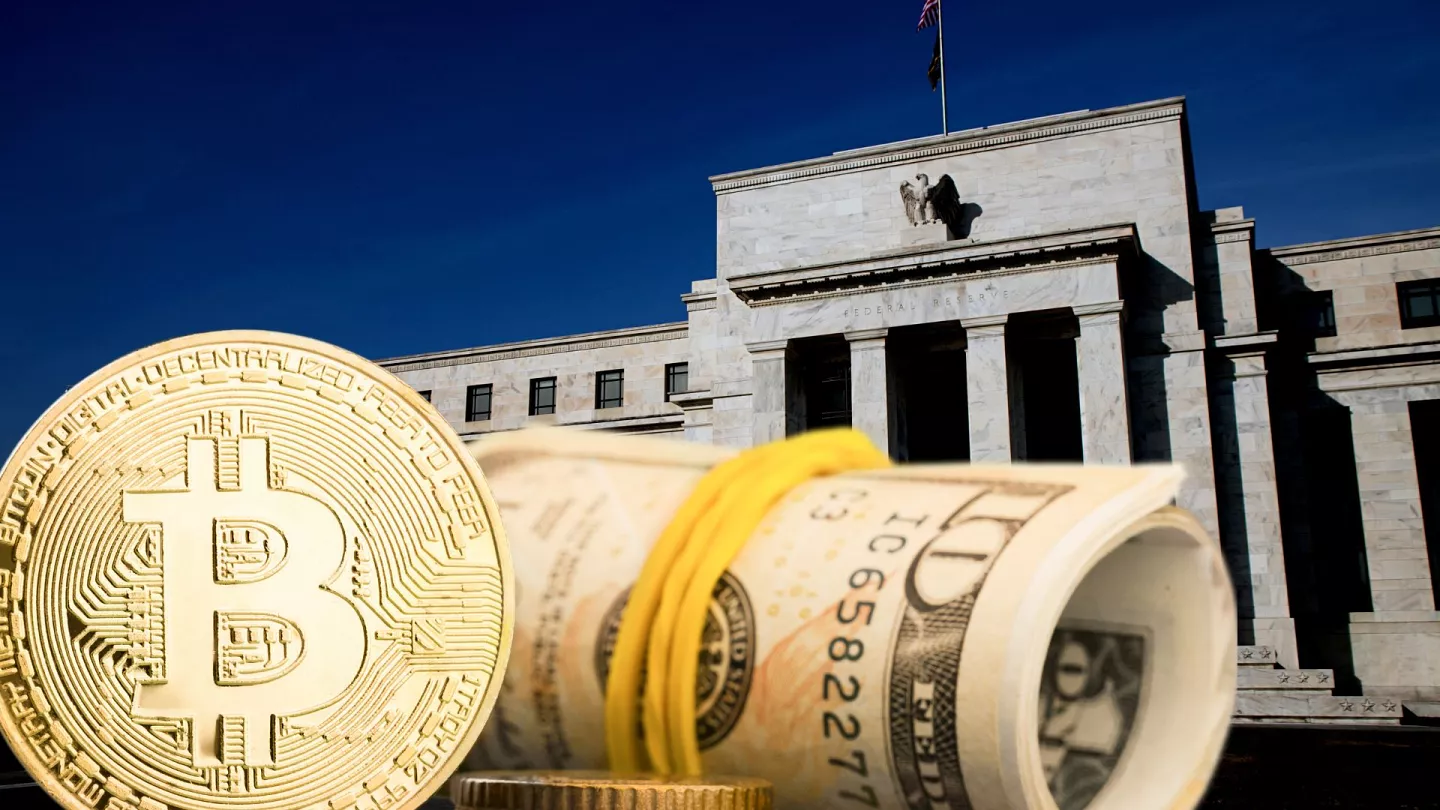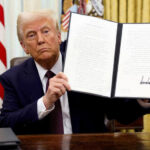Federal Reserve Chair Jerome Powell reaffirmed on Wednesday that the central bank does not own bitcoin and has no plans to seek legal changes to allow it to do so. His comments came as speculation grows over the potential for a U.S. Strategic Bitcoin Reserve under President-elect Donald Trump’s administration.
No Fed Role in Bitcoin Holdings
“We’re not allowed to own bitcoin,” Powell said during a press conference following the Fed’s two-day policy meeting, where policymakers cut interest rates by a quarter-point and signaled caution over future monetary moves.
Responding to questions about central bank involvement in a possible government bitcoin stockpile, Powell stated, “That’s the kind of thing for Congress to consider, but we are not looking for a law change at the Fed.”
Trump’s Strategic Bitcoin Reserve Proposal
The incoming Trump administration has floated the idea of creating a U.S. Strategic Bitcoin Reserve. Trump has suggested initial holdings could include bitcoin seized from criminals, which currently amounts to about 200,000 tokens, valued at approximately $21 billion.
However, the specifics of Trump’s proposal remain unclear. Republican Senator Cynthia Lummis has introduced legislation proposing annual purchases of 200,000 bitcoins by the U.S. Treasury until the reserve reaches one million tokens. The purchases would be funded through Federal Reserve bank deposits and gold reserves.
Analysts, including those at Barclays, have cast doubt on the feasibility of such a plan, noting it would likely require Congressional approval and additional Treasury debt issuance. “We suspect such a plan would face stiff resistance from the Fed,” Barclays analysts wrote in a recent report.
Bitcoin Market Reacts
Powell’s comments contributed to a drop in bitcoin’s value, which has surged more than 100% this year to surpass $100,000. The rally has been fueled by optimism over Trump’s perceived pro-crypto stance and promises of a more hands-off regulatory approach.
Despite the recent rally, bitcoin remains a volatile asset, limiting its utility as a stable store of value or a functional reserve currency. Analysts warn that its speculative nature poses challenges for its integration into government policy frameworks.
Fed’s Crypto Stance and Regulatory Role
The Federal Reserve has consistently expressed skepticism toward cryptocurrencies, preferring to allow private-sector innovation in payment technologies. While some central banks globally are exploring central bank digital currencies (CBDCs), the Fed has scaled back efforts to develop its own digital dollar.
“We regulate and supervise banks, and we would want the interaction between the crypto business and the banks not to threaten the health and well-being of the banks,” Powell said earlier this month. However, he clarified, “We don’t regulate [crypto assets] directly.”
New Leadership Under Trump
Trump’s administration plans to prioritize cryptocurrency and artificial intelligence policy with new appointments. Former PayPal executive David Sacks is set to become the White House AI and Crypto Czar, while pro-crypto consultant Paul Atkins has been nominated to lead the Securities and Exchange Commission.
These appointments signal a potential shift toward policies that could bolster the cryptocurrency market. However, the Federal Reserve’s reluctance to participate in a strategic reserve underscores broader concerns about the volatility and speculative nature of digital assets.
As Congress debates proposals like Senator Lummis’ bill, the balance between innovation and financial stability remains at the forefront of discussions about cryptocurrency’s role in U.S. economic policy.





